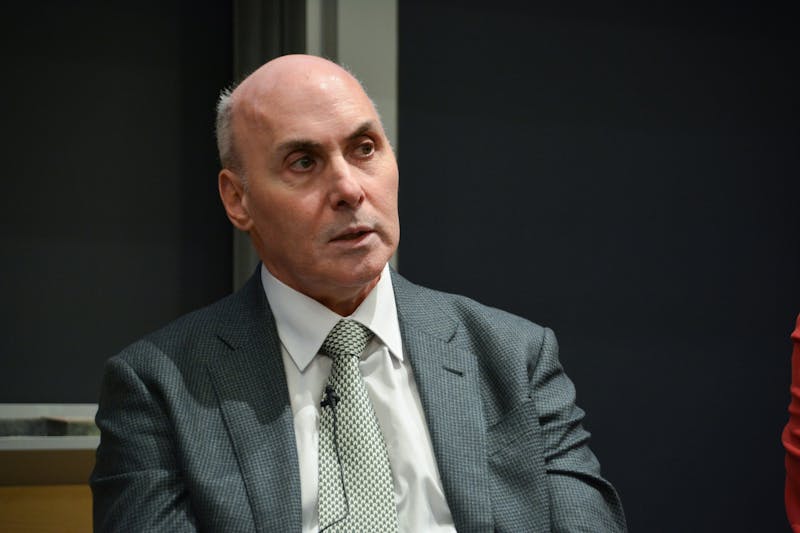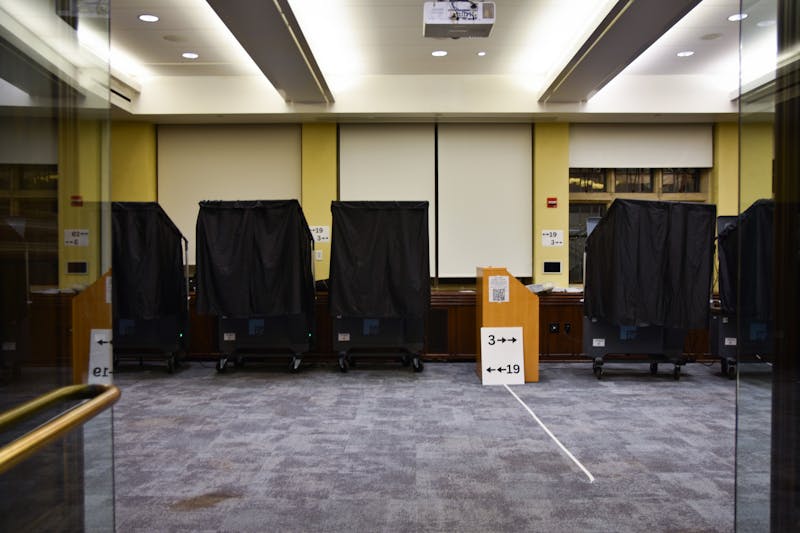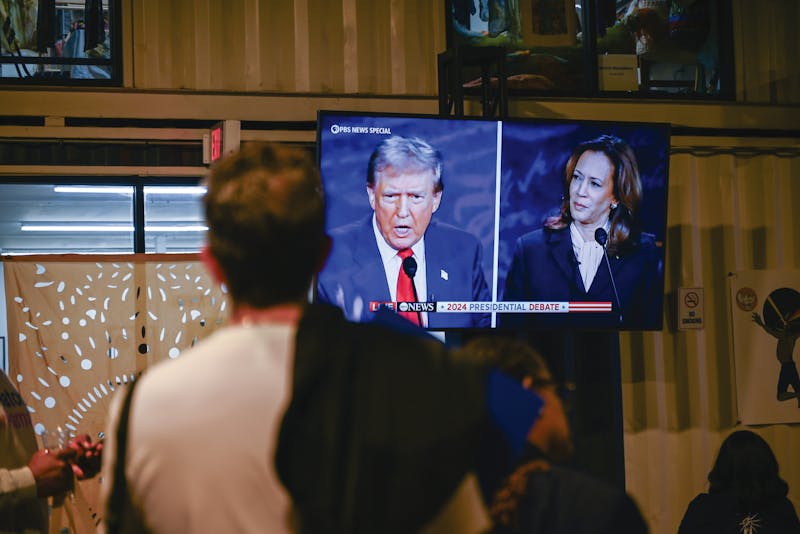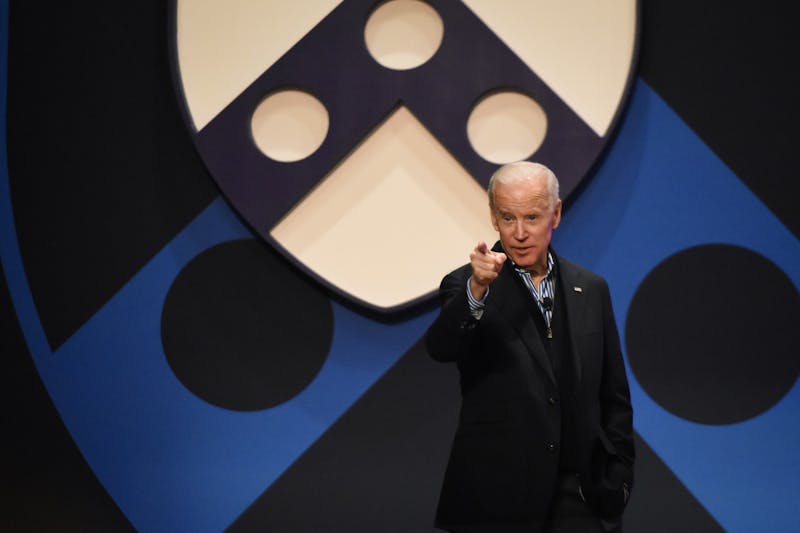
Vice President of Government Affairs Jeffrey Cooper warned of threats to Penn caused by 1968 Wharton graduate Donald Trump's incoming presidency at a recent Board of Trustees meeting.
At the Nov. 14 Local, National, and Global Engagement committee meeting, Cooper listed several of Penn's priorities as the University moves into a "very challenging and changing environment." He cited several potential effects of Trump's leadership, including threats to higher education, changes to tax policies, and altered immigration laws.
Cooper declined a request for comment, and a request for comment was left with a University spokesperson.
"The president and vice president-elect, as well as many members of Congress … have been highly skeptical and critical of higher education, both in a substantive sense, and also sometimes in a political targeting sense, but we have to deal with both of those, and that's our challenge," Cooper said at the meeting.
During the first Trump administration, the 2017 Tax Cuts and Jobs Act introduced a tax on the endowments of higher education institutions with large endowments per student. Cooper said the tax "will stay in place in a Republican-controlled Congress and White House," but the University's goal is to "avoid an increase" in the tax rate.
"It minimizes the ability to do research, and it really impairs the kinds of things that research universities do best," he said.
Cooper also raised concerns about the status of research funding, especially through the National Institutes of Health amid "proposals to downsize" the agency. He pointed toward the status of federal funding for gun violence research — which was authorized in 2019 — as an example of funding "that is likely to come up again in terms of constraints” on research topics.
Jay Bhattacharya, a Stanford professor who Trump recently nominated to lead the NIH, has previously spouted significant criticism of the agency.
Though he noted the impact was “far greater on colleges and universities that are far more dependent on financial aid,” Cooper also touched on the difficulty of determining financial aid without a "viable FAFSA process" following issues in the rollout for a revised Free Application for Federal Student Aid during the 2023-24 application cycle.
Shortly after the meeting, on Nov. 19, Penn announced a major financial aid expansion that aims to improve support for middle-income families, while no longer considering the value of the primary family home in determining aid.
These changes also come amid a class action lawsuit filed on Oct. 7 which alleged that Penn, and with 39 other universities, engaged in a price-fixing scheme to increase the cost of attendance for students coming from divorced or separated homes.
Cooper also addressed possible changes to immigration policy which the Trump administration may enact. He noted that the immigration policy had been “relatively quiet” over the last four years, but that this may change.
He said that immigration policies under the first Trump administration caused an “emotional and health crisis” for students, and could start again in his second administration for international students through issues in obtaining visas or other administrative delays.
"We had many students who were really fearful of going home for holiday break, because they didn't know if they'd be able to get back," Cooper said.
He added, however, that the University was "gearing up again to address those issues.”
Penn, along with other higher education institutions, recently issued statements to international students and faculty, recommending that they return to campus prior to Inauguration Day due to possible changes in immigration policy.
Cooper said that there are “complaints of international students coming here and learning our intellectual property” and then “taking it back to their own countries,” in regards to potential restrictions on international researchers — specifically in terms of the United States' relationship with China.
“Issues of relationships with China will be a significant issue," Cooper said. "That is really one of the few bipartisan issues of concern in Washington — whether real or imagined — the concept that universities are aligned with China in terms of research and programs has created great concern, and the belief that our intellectual property and our research [are] being exported to China without sufficient guidance structures.”
Cooper also said that diversity, equity, and inclusion initiatives may be targeted under the new administration, as well as continued scrutiny on Penn's response to antisemitism on campus — referencing a recent report issued after a yearlong investigation from the U.S. House Education and Workforce Committee. He noted, however, that the University was not one of the primary subjects of the report.
"I think because our administration and the Trustees and the whole University was so responsive to the concerns that were raised, that even the committee recognized the work that we've done to address the antisemitism concerns and other concerns that were raised," Cooper said.
In terms of what Penn is doing to address these potential new policy initiatives, Cooper said that there has been “increasing activism” among “Ivy Plus presidents.” He also noted, however, that Penn — as a nonprofit — must remain politically neutral and cannot "take political positions for or against any particular candidate."
The Daily Pennsylvanian is an independent, student-run newspaper. Please consider making a donation to support the coverage that shapes the University. Your generosity ensures a future of strong journalism at Penn.
Donate











